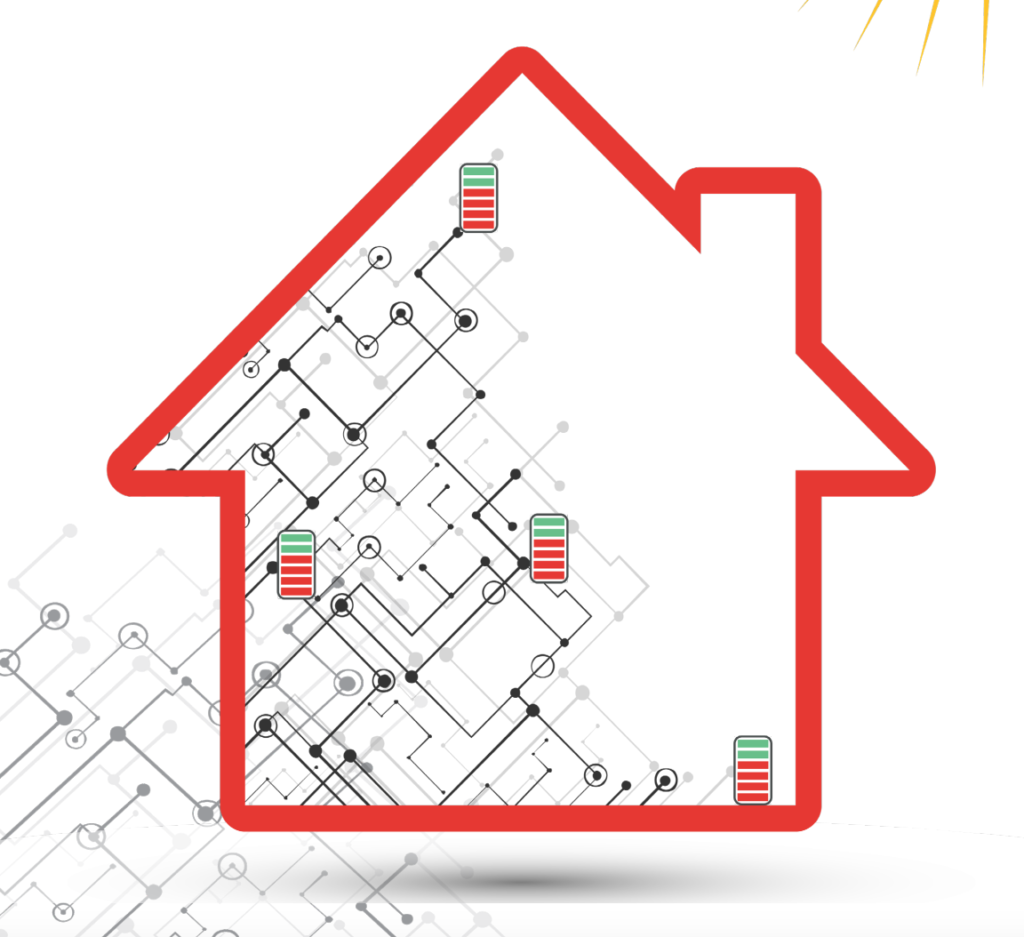Heating and Energy Costs Per Hour Calculations
It’s only these last few days that we have started to feel the first cold snap of the season. Most of October and the first part of November were mild. But as the temperatures drop, more and more people will be switching the heating on.
Knowing how much your heating costs per hour is a great way to manage your heating costs more effectively and to also lower your carbon footprint. Most people are unaware of the cost per kWh of their energy. In this article, we show a few simple calculations you can do to work out your energy costs.
With the cost of living and high energy prices continuing to receive a lot of media coverage, we think it’s useful to know how much your home costs to heat per hour. The energy price cap from 1 Oct to 31 Dec 2024 is £1,717, which is expected to rise by 3% in the first quarter of 2025. Gas is currently 6.24p per kW/hr. Electricity is 24.5p per kW/hr. Electricity has a current daily standing charge of 60.99p a day, while gas has a current daily standing charge of 31.66p.

It has been estimated that around 50% of energy bills are spent on heating and hot water. So, it makes sense to keep heating at the safest, lowest level possible. For every 1C drop on the thermostat, you could save £100 a year.
How much does it cost to heat your home?
This is quite a hard question, as it depends on a number of things:
1. How long you use your heating for
2. The temperature your heating is set at
3. The size of your home
4. How efficient your boiler is
4. How energy efficient and well insulated your home is
5. Were you live
6. The number of people in your home
While it’s quite easy to work out energy use with appliances like fridges etc, with central heating, it’s much harder as there are so many variables. You can, however, get a broad estimate – which, although not totally accurate, will give an indication.
To work this out, you will need the following:
The amount of kWh your boiler is using: Most boilers use between 20-40 kW/hr (kW/hr – a kilowatt-hour is a unit of energy: one kilowatt of power for one hour.) If you have a 24 kW boiler, it will require 24 kWh of energy for each hour it’s working to heat your home. If it’s running for 2 hours then it will be 48 kWh and so on.
The cost of your energy: On average gas in November 2024, is currently 6.4p per kW/hr. Electricity is 24.5p per kW/hr. For this comparison, we are not including oil central heating.
The calculations:
The calculation is the kWh of your boiler multiplied by the price of 1kWh of gas, then divided by 100.
Gas example – if your boiler used 30kW/hr of gas, and your gas cost 6.4p per kW/hr, it would be 30 x 6.4p = 192p, divided by 100 = £1.92 per hour to run your boiler. Run it for 5 hours (£1.92 x 5) = £9.60 etc.
Electric example – if an appliance, such as a small fridge, uses 0.05kW/hr of electricity (per hour), around 1.2kw/hr in a day (0.05kWh x 24hr = 1.2kW/hr), and your electricity costs 24.5p, 1.2 x 24.5p = 29.4p a day, or 1.2p an hour.
Remember – when making cost calculations, you also need to factor in standing charges, which for gas is 31.4p a day and for electricity is 60.1p a day.
Bear in mind that when a thermostat reaches a set temperature, the boiler will switch off and will fire up again when needed to keep the house at a constant set temperature. This means in the first hour or two, the cost of your heating will be much greater as the boiler is taking time and working hard to get up to temperature.
What about burning wood?
Firstly, there is no standing charge for burning wood, and if you source your own wood, you’re essentially keeping warm for free. However, this is not always that easy, and most will have to buy their own wood. Based on current prices, wood is considered to be around 10p to 20p per kW/hr. For ease of calculation, let’s use the halfway point, so 15p per kW/hr:
Wood Example – A 5kW/hr stove would cost (5kW/hr x 15p per kW/hr/wood) = 75p an hour to run. This greatly depends on the quality of the wood, what you pay for the wood, and how you operate your stove – it’s certainly not as simple or precise as gas and electric calculations, but it certainly gives a general insight.

While we have shown a calculation that can be used as a simple guide, it will make much more sense to be aware of what you can do to insulate your home and how to avoid wasting energy in the first place. A well-insulated home will mean your boiler or any warming appliance will have to expend less energy to keep you warm. If it uses less energy, it will save you money. It’s as simple as that.








